Language is fluid, constantly mutating, and adapting to its speakers and their environments.
It’s one thing to utilize Spanish sentence structures and vocabulary on paper, but it’s quite another to understand how people actually speak the language with one another, especially in situations of language contact.
Through an ongoing research project, CWU Assistant Professor of Spanish Dr. Andrea Herrera-Dulcet and her students are cataloging the specific variety of Spanish that has developed over time in the Central Washington region.
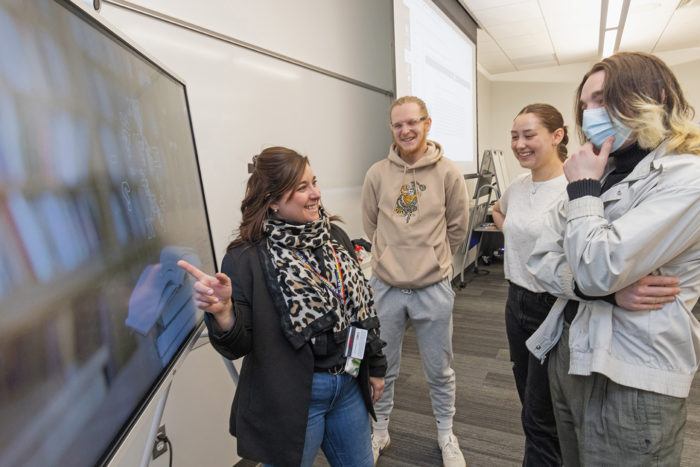
To accomplish this feat, Herrera-Dulcet and her students are building the Corpus del Español de Central Washington (CECWA), a digital archive—or linguistic corpus—filled with oral interviews with Central Washington bilinguals showcasing the intricacies of the local Spanish dialects, in addition to the contexts in which they are used.
Herrera-Dulcet says that “every time we linguists want to do research on a language variation and change, we need to build a corpus, especially to study language in the wild, so to speak.”
“When you say Central Washington or Washington state, I don’t think people realize just how many people here speak Spanish,” she said. “It’s interesting for me to hit this region, not just for socio-linguistic interest, and also to help build a digital archive that can be a platform for all these voices that have flown under the radar for so long.”
She added that CECWA can contribute to the field of sociolinguistics and social justice amplifying Central Washington’s Spanish stories and experiences.
The monumental task of documenting the intricacies of an entire spoken language is still ongoing, but CWU Spanish majors are already using it to conduct sociolinguistic research and examine the intricacies of how English and Spanish interact to create the unique vernacular seen today in the region.
In the future, the goal is to have interdisciplinary researchers use CECWA to examine linguistic, cultural, and anthropological issues relevant to our community.


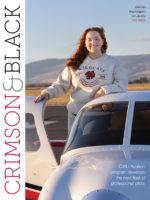
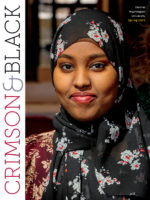
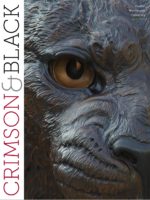
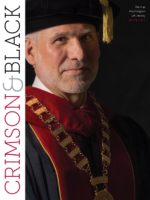
comments powered by Disqus